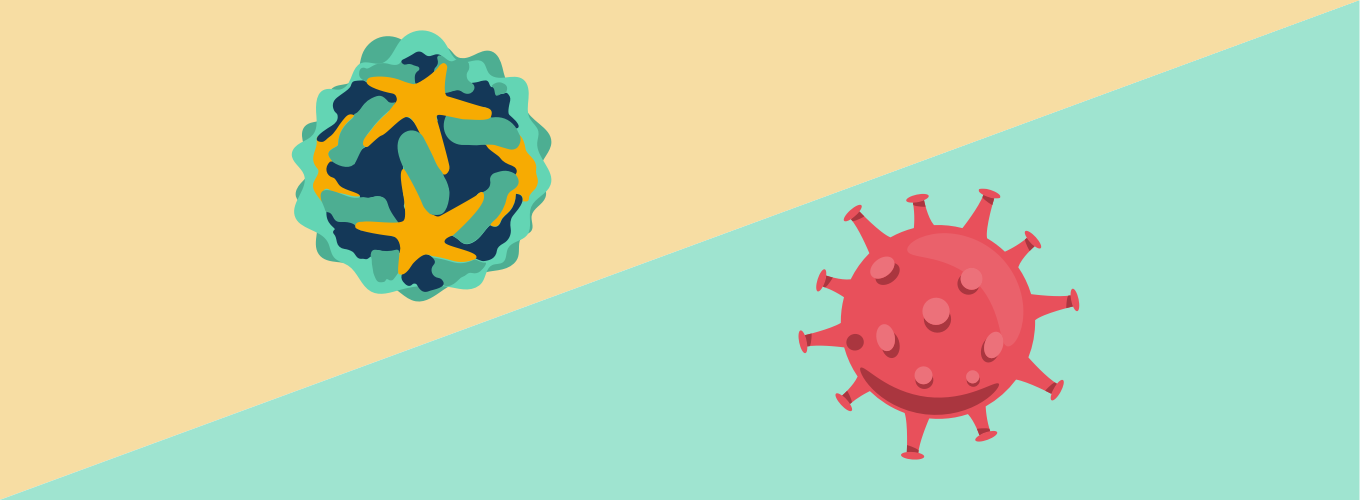Dengue and COVID-19 are both diseases that can cause fever.1
What else do they have in common? And what sets them apart? Let’s look at the two diseases.
What are dengue and COVID-19?
Dengue is caused by the dengue virus and is mainly spread through the bites of infected mosquitoes.1
COVID-19 is caused by the virus SARSCoV-2 and is mainly spread between people who are in close contact with each other.1
How long until I show symptoms?
After being bitten by a mosquito infected with the dengue virus, symptoms usually develop within 5-7 days if symptomatic.1
After being exposed to COVID-19, symptoms can develop as late as 14 days but on average they develop between 4-5 days if symptomatic.1
How ill will I get?
Both dengue and COVID-19 can be anything from asymptomatic or mild, to life-threatening.1
What are the common symptoms?
In mild to moderate dengue, common symptoms include:1
- Fever
- Headache with eye pain
- Muscle or body aches
- Feeling or being sick
- Tiredness
Severe stomach pain, persistent vomiting, bleeding from gums, rapid breathing, restlessness and blood in vomit or stool are signs of severe illness and require immediate medical attention.2
In mild to moderate COVID-19, common symptoms include:1
- Fever or chills
- Cough
- Shortness of breath or difficulty breathing
- Fatigue
- Muscle or body aches
- Headache
- Loss of taste or smell
- Sore throat
- Blocked or runny nose
- Feeling or being sick
- Diarrhoea
Breathing difficulty is a sign of severe illness and requires immediate medical attention.1
Who is higher risk?
Risk factors for severe dengue include:1
- Age (babies are more susceptible)
- A second dengue infection; people who have been infected once before are at a higher risk of developing severe dengue
- People with underlying medical conditions, like diabetes, asthma, or heart disease
Risk factors for severe illness with COVID-19 include:1
- Age (people over 65 years old or more susceptible)
- People with underlying conditions like heart disease, diabetes, lung disease, high blood pressure, stroke, liver disease, obesity, kidney disease, or immunocompromise (e.g., poorly controlled HIV, undergoing cancer treatment, using corticosteroids or smoking)
Although there is some overlap in the characteristics of dengue and COVID, the medical management is very different, and you should seek prompt medical care if you are experiencing symptoms.
If you are worried about either dengue or COVID, speak to your doctor.




































